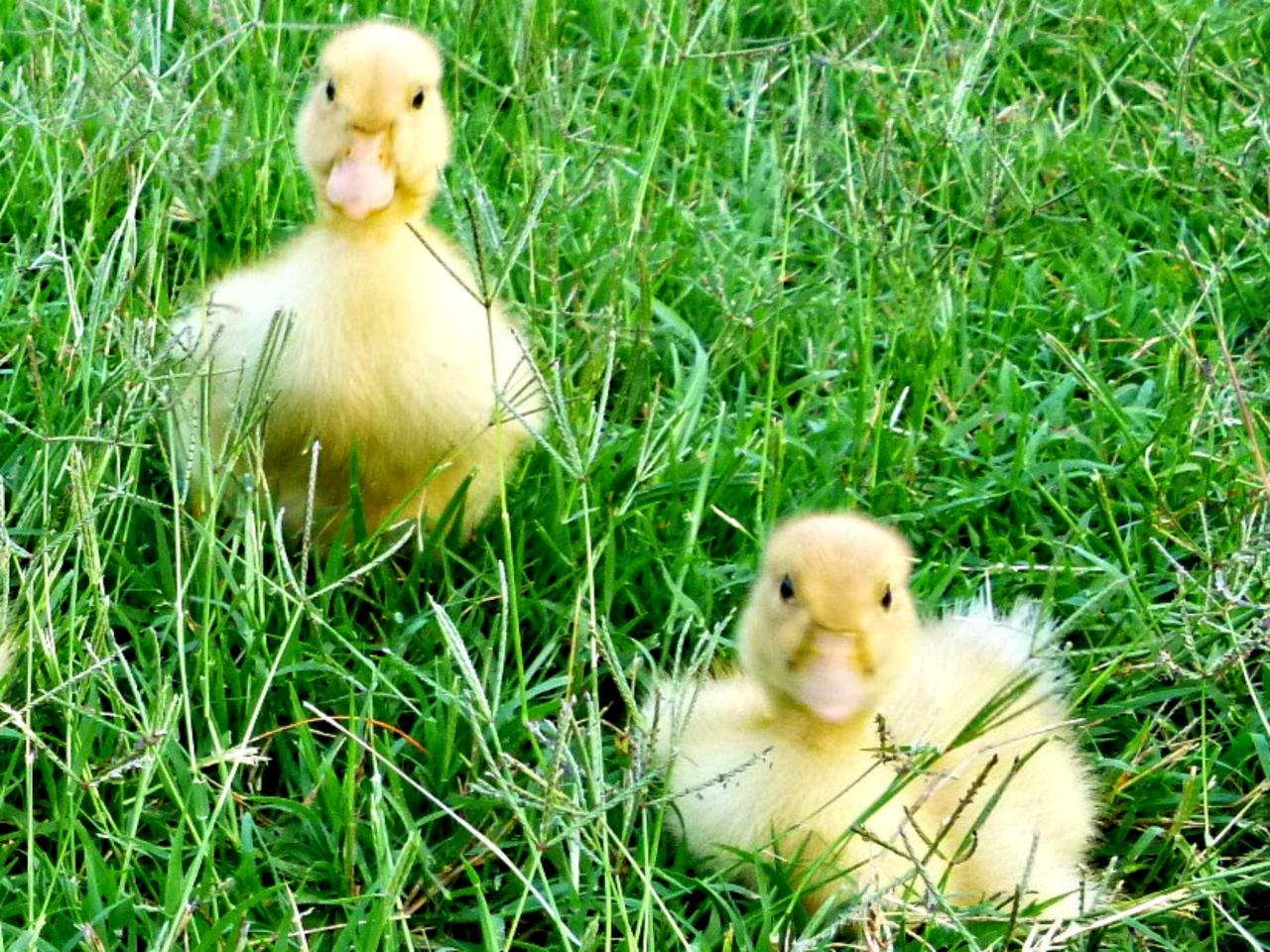
A Comprehensive Guide to Caring for Baby Ducks
Introduction
Baby ducks, also known as ducklings, are adorable and fragile creatures that require specialized care to thrive. Whether you’ve stumbled upon a nest of abandoned ducklings or have decided to raise them yourself, understanding their unique needs is crucial for their well-being. This comprehensive guide will provide you with all the essential information you need to care for baby ducks, from their housing and nutrition to their health and socialization.
Housing
- Brooder: A brooder is a warm, enclosed space where ducklings can live during their first few weeks of life. It should be large enough to accommodate the number of ducklings you have, and it should be well-ventilated to prevent ammonia buildup.
- Bedding: The bedding in the brooder should be absorbent and comfortable. Straw, wood shavings, or shredded paper are all good options.
- Heat: Ducklings need a warm environment to stay healthy. The temperature in the brooder should be kept between 90-95°F (32-35°C) for the first week, and then gradually decreased by 5°F (2.8°C) each week until they are fully feathered.
- Light: Ducklings need 24 hours of light per day for the first few weeks of life. This can be provided by a heat lamp or a light bulb.
Nutrition
- Diet: Ducklings need a diet that is high in protein and low in fiber. A commercial starter feed specifically formulated for ducklings is the best option.
- Feeding frequency: Ducklings should be fed frequently, every 2-3 hours during the day. As they get older, they can be fed less often.
- Water: Ducklings need access to fresh, clean water at all times.
Health
- Vaccinations: Ducklings should be vaccinated against common diseases such as duck plague and duck hepatitis. Consult with a veterinarian to determine the appropriate vaccination schedule.
- Parasites: Ducklings can be susceptible to parasites such as worms and mites. Regular deworming and parasite control is essential.
- Common illnesses: Ducklings are prone to certain illnesses, such as diarrhea, respiratory infections, and eye infections. If you notice any signs of illness, contact a veterinarian immediately.
Socialization
- Companionship: Ducklings are social creatures and should not be kept alone. If you have only one duckling, consider getting another one or two to keep it company.
- Handling: Ducklings should be handled gently and regularly to get them used to human contact.
- Outdoor time: Once ducklings are fully feathered, they can be allowed to spend time outdoors in a secure area. This will help them develop their natural instincts and behaviors.
Other Considerations
- Waterfowl laws: In some areas, it is illegal to keep waterfowl without a permit. Check with your local authorities to determine if any regulations apply.
- Predators: Ducklings are vulnerable to predators such as cats, dogs, and hawks. Take precautions to protect them from harm.
- Cost: Raising ducklings can be expensive, especially if you need to purchase a brooder, feed, and veterinary care. Be prepared for the financial commitment before you decide to take on this responsibility.
Conclusion
Caring for baby ducks is a rewarding experience, but it also requires dedication and knowledge. By following the guidelines outlined in this guide, you can provide your ducklings with the best possible care and help them grow into healthy and happy adults. Remember to consult with a veterinarian if you have any questions or concerns about the health or well-being of your ducklings.
